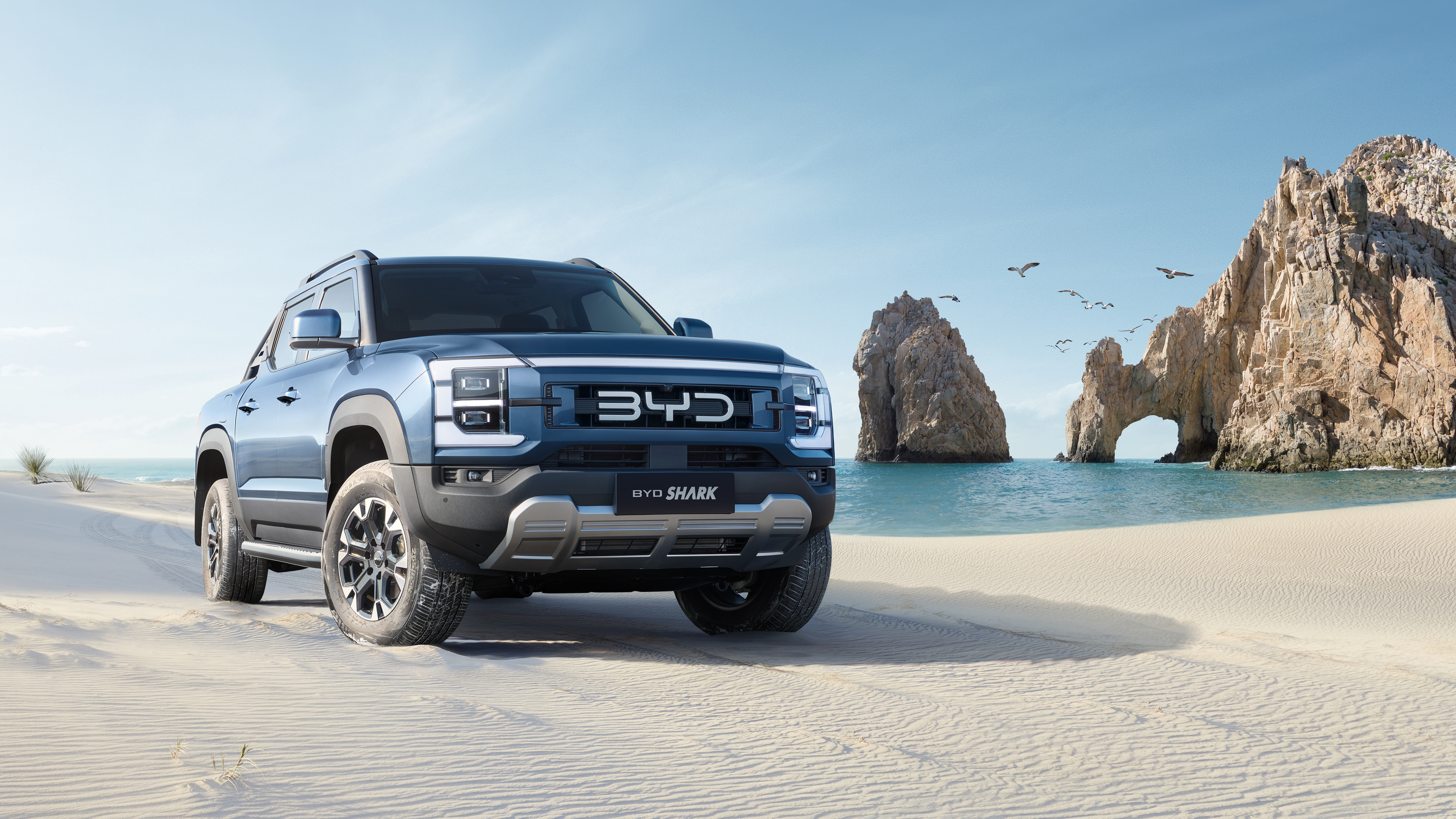With all the talk about MPG, range anxiety and fuel tank capacity, why not look at the electric side of the Land Cruiser for improvement? Seems like solutions might be easier to find and implement and would provide more benefits than just a few more gallons of gas onboard. I was originally getting a Rivian R1S with its 450 mile electric range…until I realized I would have to sit at the charger for at least an hour to top up the batteries for full range. No thanks! Happy I bought the LC instead.
Here is my thesis…
Why not replace the undersized LC battery with a higher capacity battery to improve electric range and overall range?
Of course, the LC computer would need to be adjusted to both recognize the higher capacity battery AND allow the LC to run on electric only at higher speeds (at least up to 25 mph for around town).
Side benefit of that bigger battery…that inverter would keep things going a lot longer than it does now! Maybe even add a plug in hybrid function too so the battery is always full and ready.
Toyota notoriously cheaps out on the traction batteries for platform stability and cost savings. Many people with older Priuses (Pri’i?) replace the OEM NiMH battery with a better Li Ion battery when the original dies.
Anyhow…no turnkey solution right now, but though I would get the hive mind creative juices flowing on this one.
Here is my thesis…
- 1.87 kWh NiMH stock Land Cruiser traction battery - underpowered and old chemistry = lower range and less usage
- Tesla Powerwall 3 weighs 200 lbs and has a 13 kWh LiFePO4 battery in it and is about the size of the current LC battery
- Lithium Iron Phosphate batteries are great….they don’t overheat and explode like Li Ion batteries and I bet a LiFePO4 battery the size of the current LC NiMH battery would have 5x the capacity (8-10 kWh).
Why not replace the undersized LC battery with a higher capacity battery to improve electric range and overall range?
Of course, the LC computer would need to be adjusted to both recognize the higher capacity battery AND allow the LC to run on electric only at higher speeds (at least up to 25 mph for around town).
Side benefit of that bigger battery…that inverter would keep things going a lot longer than it does now! Maybe even add a plug in hybrid function too so the battery is always full and ready.
Toyota notoriously cheaps out on the traction batteries for platform stability and cost savings. Many people with older Priuses (Pri’i?) replace the OEM NiMH battery with a better Li Ion battery when the original dies.
Anyhow…no turnkey solution right now, but though I would get the hive mind creative juices flowing on this one.



